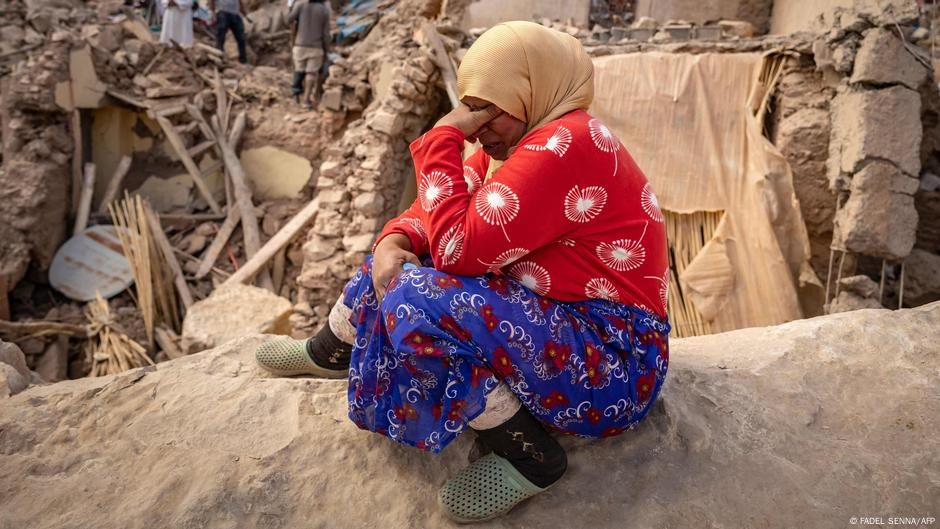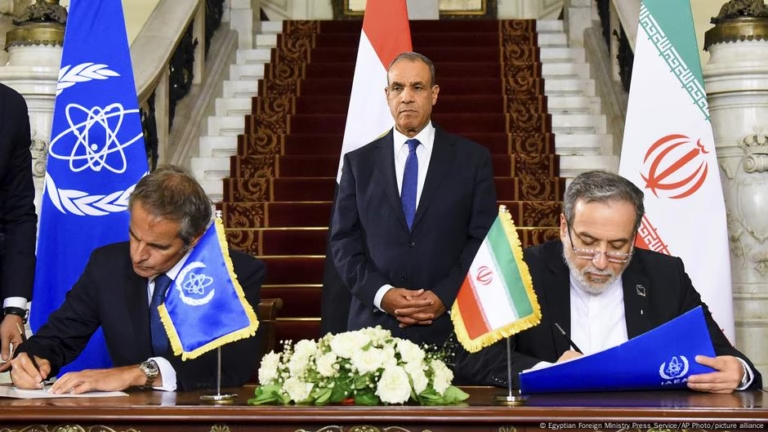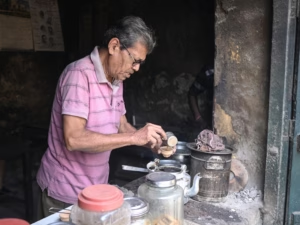earthquakes in Africa: what are the risks?
The recent earthquake in Myanmar has brought fresh attention to the global readiness for natural disasters, including those in Africa. African experts are concerned about the seismic threats and the limited local capacity to respond to such events. The problem is not new and experts have been warning about the risks for many years.
Gladys Karegi Kianji, a seismologist at the University of Nairobi, Kenya who has studied African earthquakes for 15 years, is well aware of this fact. “I don’t hire an apartment in a tall building beyond the first floor in Nairobi,” Kareji said. The concern is not unfounded, earthquakes have indeed struck the continent before. In Morocco’s 2023 disaster, thousands were killed while Ethiopia’s 2005 quake resulted in the displacement of about 6,500 people.
Folarin Kolawole, a structural geologist at Columbia University in the US, says that assessing a region’s risk of earthquakes involves looking at historic earthquakes in the region and identifying fault lines, fractures between rocks. He explains that Africa’s complex geological structure makes it vulnerable to seismic activity.
Africa’s most vulnerable regions lie along the East African Rift System, where the African Plate is slowly splitting into the Nubian and Somali Plates. As these plates drift apart, Kolawole says it leads to earthquakes in countries like Ethiopia, Kenya, Uganda, Tanzania, and Mozambique.
Africa has several active seismic zones. In 2016, a group of geologists created the Seismotectonic Map of Africa, highlighting regions based on historical quakes and geological activity. Kolawole identifies the East African Rift covering Malawi, Tanzania, Ethiopia and Madagascar as the most earthquake-prone part of Africa.
These countries lie along a 3,000-kilometer fault stretching from Ethiopia to Mozambique and frequently experience tremors, some causing significant damage. While West Africa is often seen as tectonically stable, he points to Ghana’s past earthquakes and recent tremors in Nigeria as signs of potential for a large magnitude earthquake to occur.
Lake Kivu, a volatile mix of various dissolved gases, between Rwanda and the Democratic Republic of Congo is one of Africa’s deepest lakes and another risk site for limnic eruptions. To mitigate this risk, the Rwandan government launched the KivuWatt Gas Methane Power Plant in 2016 to extract methane from the lake for electricity production. Despite active fault lines, rising seismic activity, and initiatives like this methane extraction facility, Africa remains overall ill-prepared for natural disasters.
Experts say what’s needed for better preparedness includes greater awareness, seismic monitoring systems, better policies and urban planning, and economic investment. However, they add that conflict and unrest in some of the African countries hinder these efforts. “We cannot stop earthquakes from happening, the best we can do is to prepare for it and monitor,” said Kolawole.
Africa can learn from global examples of preparedness, including from Myanmar’s recent quake. This includes better building standards and investment in understanding the geological activity in the region. Kianji of the Myanmar quakes points to the administration’s lapse in handling building and construction, adding, “A lot of scientific research could have warned people to be able to evacuate.” Edition by: Matthew Ward Agius






